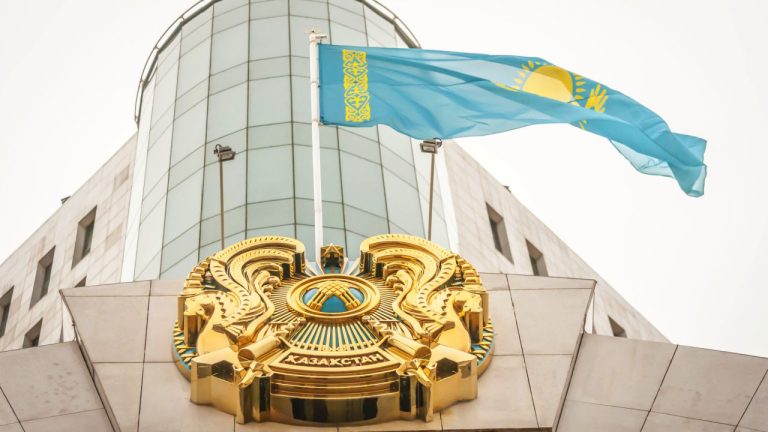
Lawmakers in Nur-Sultan have approved the final version of the law “On Digital Assets in the Republic of Kazakhstan.” The new legislation, including several other bills, regulates the circulation of cryptocurrencies in the country and introduces a licensing regime for crypto miners and exchanges.
Senate Votes on Crypto Law, Sends It to President of Kazakhstan
Kazakhstan’s Senate has adopted a bill designed to regulate cryptocurrencies and related activities in the Central Asian nation. Along with additional legal documents, the new law “On Digital Assets in the Republic of Kazakhstan” creates conditions for establishing a crypto ecosystem in the country, local media reported.
Members of the upper house of parliament considered the comprehensive package earlier in January and decided to propose certain amendments to the Mazhilis, which had already approved its version of the legislation. However, President Kassym-Jomart Tokayev dissolved the lower house on Jan. 19 and called early elections.
Until a new Mazhilis is elected, the Senate has all legislative powers, Senator Bekbolat Orynbekov explained, quoted by the Zakon.kz news portal. The digital assets law and the related acts constitute a single set of laws that will allow Kazakhstan’s head of state to fulfill his regulatory duties regarding the mining of digital currencies and their circulation.
Tokayev is yet to sign the law and the other necessary changes introduced by the senators, including amendments to Kazakhstan’s laws on taxes and other payments to the budget, judicial administration, and administrative offenses.
A key goal for the government is to regulate the activities of companies minting digital currencies in the country. Kazakhstan became a crypto mining hotspot following China’s crackdown on the industry. The influx of miners has been blamed for its growing electricity deficit.
The newly adopted legislation creates a legal framework for the sector and legalizes the market for digital assets by implementing licensing for both miners and crypto exchanges. The authorities also hope it will attract more foreign investments and increase state budget revenues.
The new rules come after on Jan. 1 registered crypto miners started paying a higher surcharge for the electricity they use under a law signed by President Tokayev in July 2022. Alongside its regulatory efforts, Kazakhstan has been going after underground mining farms and illegal trading platforms.
Do you think Kazakhstan will be an attractive destination for crypto businesses after the new legislation enters into force? Share your expectations in the comments section below.
from Bitcoin News https://ift.tt/vIgbNrK
Comments
Post a Comment